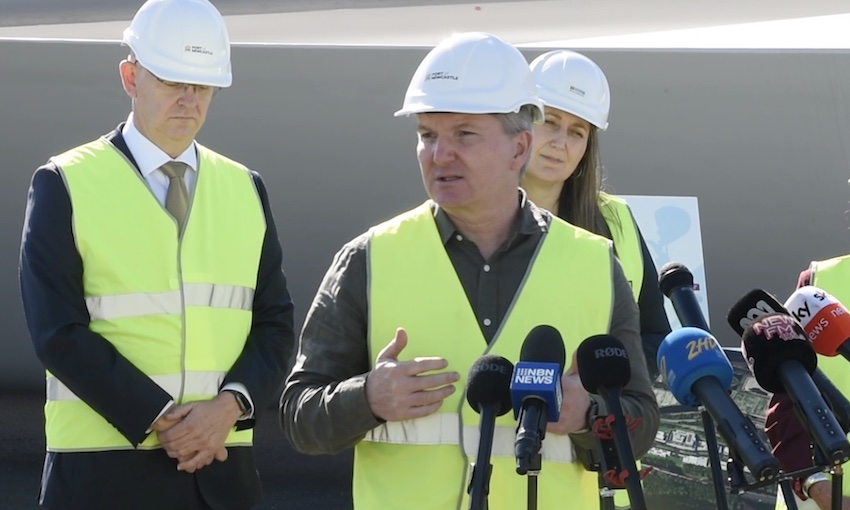THE FEDERAL government is developing sectoral decarbonisation plans, with on sector being transport.
Climate change and energy minister Chris Bowen announced the initiative on Tuesday (18 July) during a speech to the Clean Energy Council.
In addition to transport, the government is to develop plans for electricity and energy; industry; the built environment; agriculture and land; and resources.
Mr Bowen said each industry plan would be a joint effort between him and the relevant minister – Catherine King for transport.
He said there would be “heavy rounds of engagement” with community on each plan.
“The level and quality of dialogue and collaboration with industries, experts and citizens will set these plans apart from anything that’s been done before,” he said.
“This is a shared endeavour; we must work together to do what’s both possible and practical to stop dangerous climate change and realise the economic opportunities of net zero.
“The end result will be six net zero sectoral plans that are robust, ambitious but achievable, and accepted by the broader community.”
Maritime Industry Australia noted that today’s announcement of a decarbonisation plan for transport was light on detail. However, MIAL said the Maritime Emissions Reduction National Action Plan is an important and related piece of work that will inform the plan for transport.
The federal government announced funding for the MERNAP in May. The final plan is expected to be delivered to the government for approval in mid-2024.
MIAL CEO Angela Gillham said she was “encouraged” by the minister’s acknowledgement that government-guided sectoral plans are needed to attract the necessary investment to power decarbonisation.
“MIAL is already working with government and other stakeholders to develop the MERNAP, which, given that 99% of Australia’s goods and materials are transported by sea, is a key component of any plan to reduce emissions in the transport sector,” Ms Gillham said.
“Now that we have less than seven years to achieve the government’s ambitious interim targets, in line with the Paris Agreement, work on the proposed sectoral plans must proceed at pace.
“At the same time, it is a no-brainer that these plans must be tied together by a comprehensive national strategy that recognises the intersection of approaches to decarbonisation across competing industries and sectors.”
Ms Gillham said it is also vital that the transport plan is national in scope and technology-agnostic to drive the transition to “least-cost solutions”.
“Importantly, the plan must avoid potential perverse outcomes by imposing cost on to one transport mode that are not borne by other modes,” she said.





